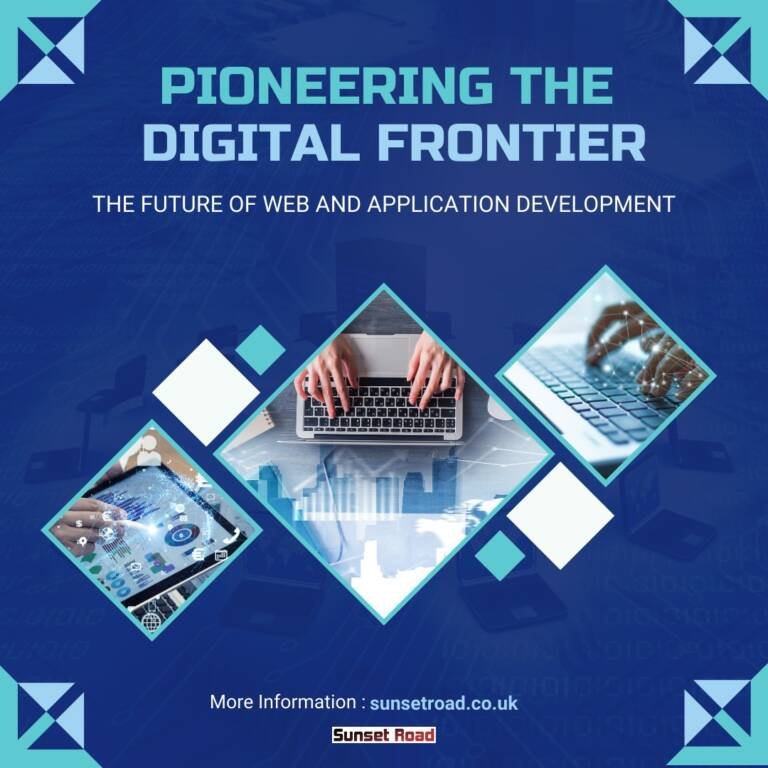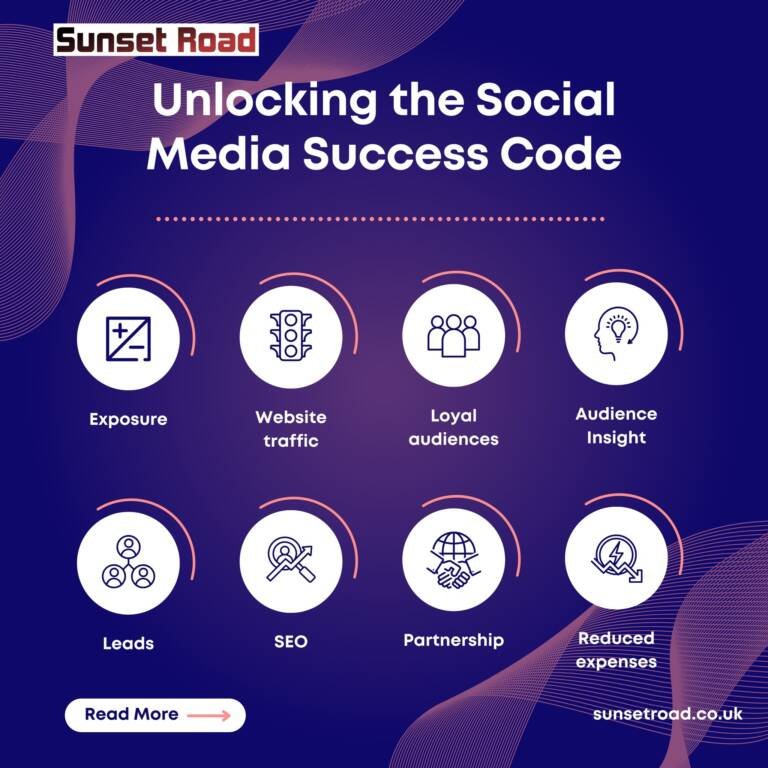Unveiling the Cutting-Edge Trends in Modern Marketing

1. Artificial Intelligence and Machine Learning in Marketing
Artificial Intelligence (AI) and Machine Learning (ML) have revolutionized digital marketing by providing advanced data analysis, automation, and personalized customer experiences. AI and ML can predict customer behavior, optimize ad targeting, and automate customer service.
- Predictive Analytics: By analyzing past customer data, AI can forecast future trends and behaviors, allowing marketers to tailor their strategies for maximum effectiveness.
- Chatbots: AI-powered chatbots provide instant customer support, enhancing user experience and engagement. They can answer queries, provide recommendations, and even process orders.
- Content Creation: AI tools like GPT-3 can generate high-quality content, from social media posts to long-form articles, saving time and resources for marketers.
2. Voice Search Optimization
With the rise of voice-activated devices like Amazon Alexa, Google Home, and Apple’s Siri, voice search has become an integral part of digital marketing strategies. Optimizing content for voice search can significantly boost a business’s online presence.
- Natural Language Processing (NLP): Voice search queries are often more conversational. Incorporating NLP techniques can help in creating content that matches the natural flow of spoken language.
- Long-Tail Keywords: Voice searches are typically longer and more specific than text searches. Focusing on long-tail keywords can improve the chances of appearing in voice search results.
- Local SEO: Many voice searches are location-specific. Ensuring your business is optimized for local search can drive traffic from nearby customers.
3. Video Marketing Dominance
Video continues to dominate the digital marketing landscape. It is an engaging medium that can effectively convey messages and capture audience attention.
- Live Streaming: Platforms like Facebook Live, Instagram Live, and YouTube Live allow brands to engage with their audience in real-time, creating a sense of immediacy and authenticity.
- Short-Form Videos: TikTok, Instagram Reels, and YouTube Shorts have popularized short-form video content. These bite-sized videos are perfect for capturing the audience’s attention quickly.
- Interactive Videos: Interactive elements like quizzes, polls, and clickable links within videos can enhance viewer engagement and provide valuable data on user preferences.
4. Influencer Marketing Evolution
Influencer marketing has evolved beyond traditional celebrity endorsements. Micro-influencers and niche influencers now play a significant role in digital marketing strategies.
- Micro-Influencers: These are individuals with smaller but highly engaged followings. They often have a more authentic connection with their audience, making their endorsements more trustworthy.
- Niche Influencers: Influencers specializing in specific niches can help brands reach targeted audiences. Partnering with niche influencers can enhance brand credibility and visibility within particular markets.
- Authenticity: Audiences value genuine and authentic content. Brands should collaborate with influencers who align with their values and can create authentic content that resonates with their followers.
5. Social Commerce
Social media platforms are increasingly integrating e-commerce features, blurring the lines between social networking and online shopping.
- Shoppable Posts: Platforms like Instagram and Facebook allow businesses to create shoppable posts, making it easy for users to purchase products directly from social media.
- Livestream Shopping: Livestream shopping events on platforms like Instagram and TikTok enable real-time interaction between brands and consumers, combining entertainment and e-commerce.
- Social Proof: User-generated content, reviews, and testimonials on social media provide social proof, influencing purchasing decisions and building trust.
6. Personalization and Customer Experience
Personalization is no longer optional; it is a necessity for effective digital marketing. Delivering personalized experiences can significantly enhance customer satisfaction and loyalty.
- Dynamic Content: Personalized content that adapts to the user’s behavior and preferences can increase engagement and conversion rates. This includes personalized emails, product recommendations, and targeted ads.
- Customer Journey Mapping: Understanding and mapping the customer journey helps in creating tailored experiences at each touchpoint, from awareness to purchase and beyond.
- Data Privacy: While personalization is crucial, respecting user privacy is equally important. Transparent data collection practices and compliance with regulations like GDPR are essential.
7. Augmented Reality (AR) and Virtual Reality (VR)
AR and VR technologies are transforming the way consumers interact with brands, offering immersive and interactive experiences.
- Virtual Try-Ons: AR allows customers to virtually try on products like clothing, accessories, and makeup, enhancing the online shopping experience.
- Virtual Tours: VR can provide virtual tours of properties, hotels, and stores, giving customers a realistic feel of the space before making a purchase decision.
Interactive Campaigns: AR and VR can be used to create engaging marketing campaigns that captivate audiences and provide memorable brand experiences.
8. Ephemeral Content
Ephemeral content, or content that disappears after a certain period, has gained popularity on platforms like Instagram Stories, Snapchat, and Facebook Stories.
- Urgency and Exclusivity: The temporary nature of ephemeral content creates a sense of urgency and exclusivity, encouraging users to engage quickly.
- Behind-the-Scenes: Ephemeral content is ideal for sharing behind-the-scenes glimpses, live events, and real-time updates, making the brand appear more relatable and transparent.
- Interactive Features: Features like polls, questions, and swipe-up links in stories can boost interaction and drive traffic to desired destinations.
9. Blockchain Technology in Digital Marketing
Blockchain technology, known for its secure and transparent nature, is making inroads into digital marketing.
- Transparency in Advertising: Blockchain can provide transparency in digital advertising by ensuring that ad metrics are accurate and verifiable, reducing fraud.
- Data Security: Blockchain can enhance data security by providing a decentralized and tamper-proof way to store and share data, building consumer trust.
- Smart Contracts: Smart contracts can automate and enforce agreements between advertisers and publishers, ensuring fair compensation and reducing disputes.
10. Sustainable and Ethical Marketing
Consumers are increasingly conscious of the environmental and ethical practices of the brands they support. Sustainable and ethical marketing is not only good for the planet but also beneficial for brand reputation.
- Eco-Friendly Practices: Brands adopting eco-friendly practices, such as sustainable sourcing and reducing carbon footprint, can appeal to environmentally conscious consumers.
- Social Responsibility: Supporting social causes and engaging in corporate social responsibility (CSR) activities can enhance brand image and loyalty.
- Transparency: Being transparent about business practices, sourcing, and production processes can build trust and credibility with consumers.
Conclusion
The digital marketing landscape is constantly evolving, driven by technological advancements and changing consumer behaviors. Staying abreast of the latest trends is essential for businesses looking to maintain a competitive edge. By embracing AI and ML, optimizing for voice search, leveraging video and influencer marketing, exploring AR and VR, and prioritizing personalization and sustainability, businesses can create effective and innovative digital marketing strategies that resonate with their target audience. As we move forward, the key to digital marketing success lies in adaptability, creativity, and a customer-centric approach.
By understanding and integrating these trends, businesses can not only keep up with the ever-changing digital marketing environment but also set themselves apart as leaders in their respective industries. Whether it’s through the strategic use of AI, the creative application of AR/VR, or the ethical considerations of sustainable marketing, staying informed and proactive will ensure that businesses can navigate the future of digital marketing with confidence and success.












